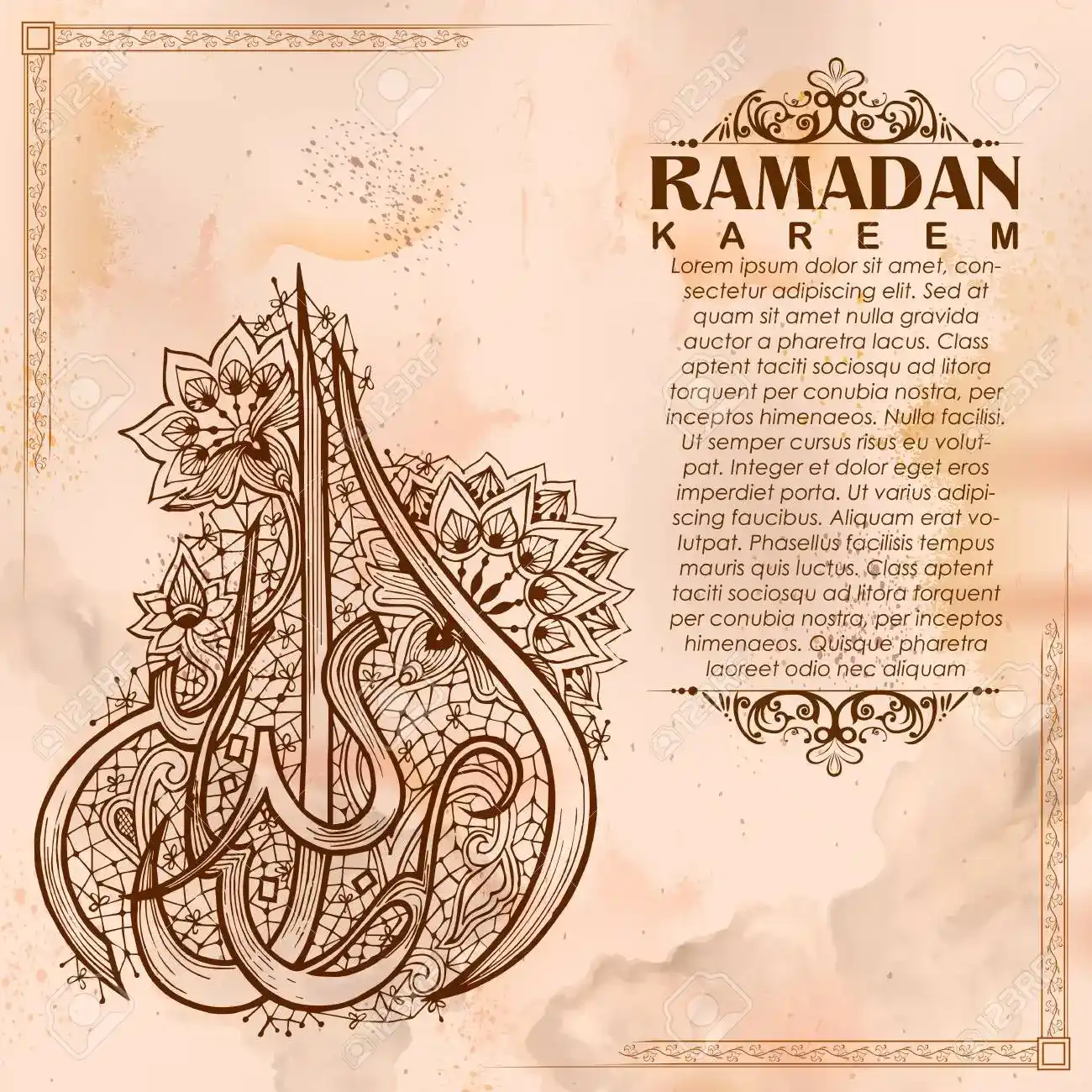Ramadan is the most important month in the Islamic calendar, where Muslims all over the world fast from sunrise to sunset. It is a time for reflection, spirituality, and community, where Muslims come together to break their fasts and celebrate their faith. One of the most important aspects of Ramadan is the exchange of greetings and wishes between family, friends, and colleagues. In this article, we will guide you through the most common Ramadan greetings and wishes in Arabic, their meanings, and how to use them.
The Importance of Greetings and Wishes in Ramadan
Ramadan is a time for community and togetherness, and the exchange of greetings and wishes is an essential part of this. During this month, Muslims greet each other with special phrases and wish to express their joy and gratitude for the blessings of Ramadan. These greetings are also a way to strengthen the bond between Muslims and to show respect for the holy month.
Ramadan Greetings in Arabic
Ramadan greetings in Arabic are a way to show respect and express good wishes for the holy month. Here are some of the most common Ramadan greetings in Arabic:
1. Ramadan Kareem رمضان كريم
Ramadan Kareem is the most common greeting in Arabic and it means “Generous Ramadan”. This greeting is used to wish someone a happy and blessed Ramadan. It is used throughout the month and is especially common during the first week of Ramadan.
2. Ramadan Mubarak رمضان مبارك
Ramadan Mubarak means “Blessed Ramadan”. This greeting is used to wish someone a happy and blessed Ramadan. It is used throughout the month and is especially common during the second and third weeks of Ramadan.
3. Kul ‘am wa enta bi-khair كل عام وأنت بخير
Kul ‘am wa enta bi-khair means “May every year find you in good health”. This greeting is used to wish someone a happy and healthy life during Ramadan and throughout the year.
4. Allahuma Balighna Ramadan اللهم بلغنا رمضان
Allahuma balighna Ramadan means “May Allah allow us to reach Ramadan”. This wish is used to express the hope of being able to reach the holy month of Ramadan again in the future.
5. Ramadan Saeed رمضان سعيد
Ramadan Saeed means “Happy Ramadan”. This greeting is used to wish someone a happy and blessed Ramadan. It is a simple and common greeting that can be used throughout the month.
Ramadan Wishes in Arabic
In addition to greetings, there are many wishes that can be expressed during Ramadan. Here are some of the most common Ramadan wishes in Arabic:

1. Ramadan Mubarak wa kareem رمضان مبارك وكريم
Ramadan Mubarak wa Kareem means “Blessed and Generous Ramadan”. This wish is used to express good wishes for a happy and blessed Ramadan, full of generosity and kindness.
2. Taqabal Allahu minna wa minkum تقبل الله منا ومنكم
Taqabal Allahu minna wa minkum means “May Allah accept from us and from you”. This wish is used to express the hope that Allah will accept the good deeds and fasting of the person being wished.
3. Happy Ramadan رمضان سعيد
Saeed Ramadan means “Happy Ramadan”. This wish is similar to Ramadan Saeed and can be used to express good wishes for a happy and blessed Ramadan.
4. Ramadan Karim رمضان كريم
Ramadan Karim means “Generous Ramadan”. This wish is similar to Ramadan Kareem and can be used to express good wishes for a happy and blessed Ramadan full of generosity.
Using Ramadan Greetings and Wishes
Now that you are familiar with some of the most common Ramadan greetings and wishes in Arabic, it’s important to know how to use them. Greetings and wishes can be used in conversations, emails, social media posts, and other forms of communication. It’s important to use the appropriate greeting or wish based on the time of day, the stage of Ramadan, and the relationship with the person being wished.
Ramadan greetings can be used throughout the month, but they are especially common during the first week of Ramadan. Ramadan wishes can be used at any time during the month, but they are especially common during the last ten days of Ramadan when Muslims seek to maximize their good deeds and ask for forgiveness.
It’s also important to remember that greetings and wishes should be sincere and heartfelt. They are a way to express gratitude, respect, and good wishes for the person being wished for. A simple “Ramadan Kareem” or “Ramadan Mubarak” can go a long way in strengthening relationships and building community during this holy month.
Conclusion
Ramadan is a time for reflection, spirituality, and community, and the exchange of greetings and wishes is an important part of this. In this article, we have provided a guide to the most common Ramadan greetings and wishes in Arabic, their meanings, and how to use them. By using these greetings and wishes, you can express your respect, gratitude, and good wishes for your family, friends, and colleagues during this holy month.
Ramadan Greetings and Wishes FAQs
What is the difference between Ramadan Kareem and Ramadan Mubarak?
When is it appropriate to use Kul 'am wa enta bi-khair?
Kul 'am wa enta bi-khair is used to wish someone a happy and healthy life during Ramadan and throughout the year. It can be used at any time during Ramadan and is especially appropriate when wishing someone well for the entire year.
What is the meaning of Taqabal Allahu minna wa minkum?

